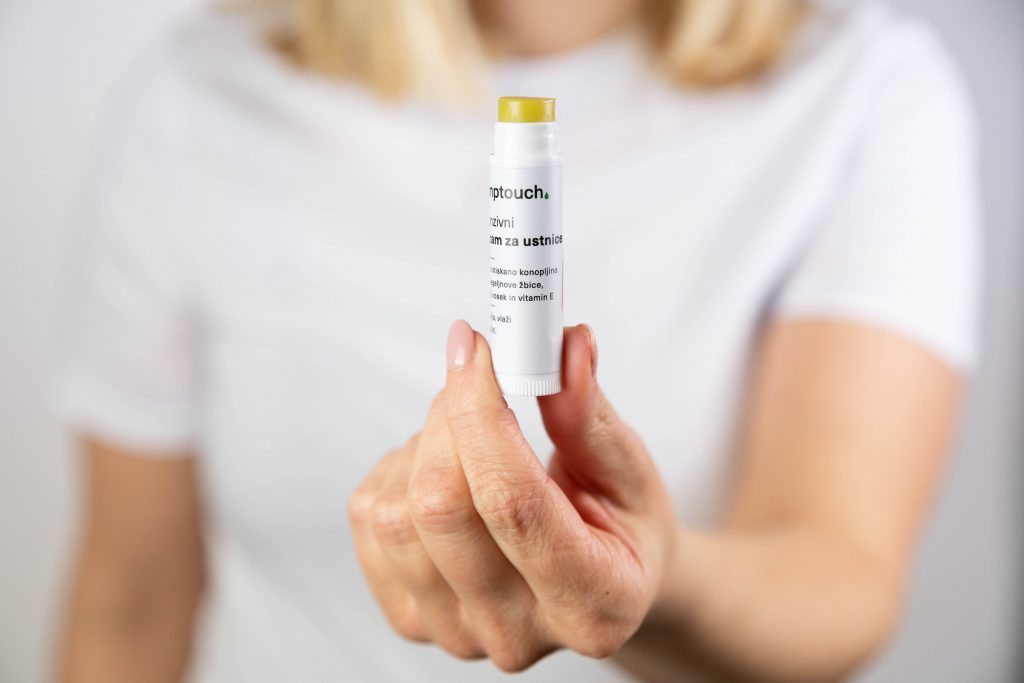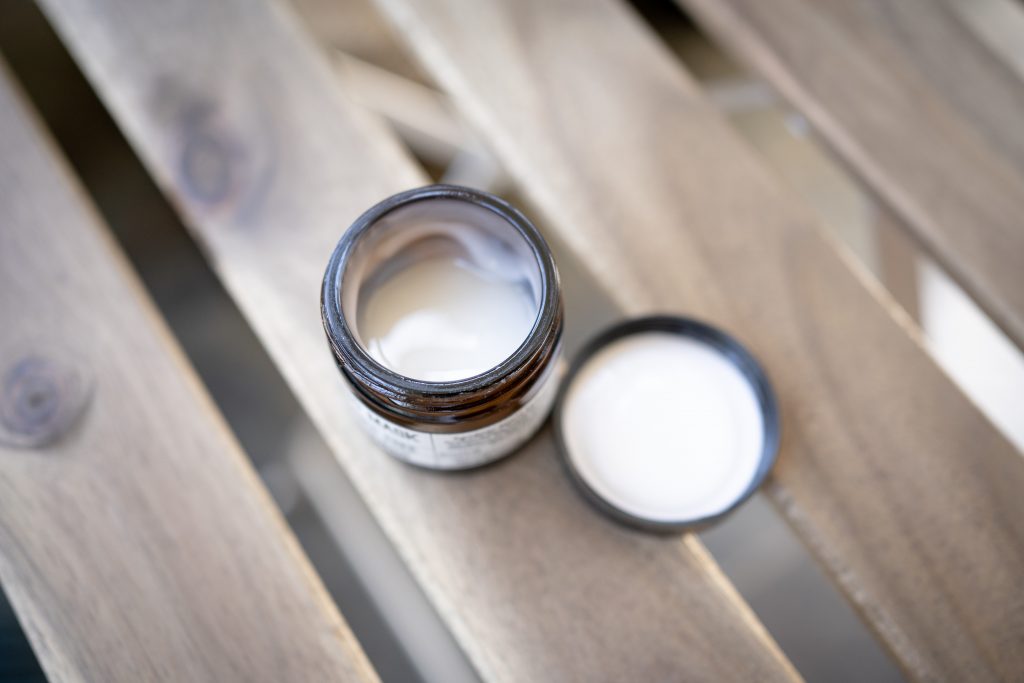Introduction:
In the eternal quest for youthful skin, anti-aging moisturizers have emerged as contenders in the battle against wrinkles. The allure of these creams lies in the promise of smoother, more radiant skin. But do they truly deliver on this promise? Let’s delve into the world of anti-aging moisturizers, dissecting their ingredients, examining scientific evidence, and addressing the age-old question: Do they really reduce wrinkles?
Understanding Anti-Aging Moisturizers:
Anti-aging moisturizers are formulated with a specific purpose: to combat the visible signs of aging, particularly wrinkles and fine lines. These formulations often contain a combination of potent ingredients that are intended to rejuvenate the skin’s appearance.
Ingredients that Promise Wrinkle Reduction:
The secret to the effectiveness of anti-aging moisturizers lies in their ingredients. Ingredients like retinol, known for its ability to increase cell turnover, and peptides, which encourage collagen production, are commonly found in these products. Hyaluronic acid, a moisture-retaining compound, also plays a crucial role in enhancing skin plumpness.
Efficacy of Anti-Aging Ingredients:
Scientific research provides insights into the efficacy of these ingredients. Studies suggest that retinol can indeed improve the appearance of fine lines and wrinkles over time. Peptides, known as collagen-boosting agents, also show promise in enhancing skin elasticity.
Moisturization and Its Impact on Wrinkles:
Well-hydrated skin is known to appear smoother and more supple. Anti-aging moisturizers excel in this aspect by delivering essential hydration to the skin, which can help diminish the appearance of fine lines.
Prevention vs. Correction: Early Use of Anti-Aging Moisturizers:
The adage “prevention is better than cure” holds true for skincare as well. Starting early with anti-aging moisturizers can aid in preventing the formation of wrinkles in the first place, rather than relying solely on corrective measures.
Addressing Different Types of Wrinkles:
Understanding the types of wrinkles is crucial. Dynamic wrinkles, caused by facial expressions, respond well to ingredients like peptides. Static wrinkles, which are visible at rest, might require more intensive treatment.
Protection from Environmental Aggressors:
Anti-aging moisturizers not only focus on wrinkle reduction but also shield the skin from environmental stressors like UV rays and pollution. This protection aids in preventing further damage.
Consulting Dermatologists and Experts:
The effectiveness of anti-aging moisturizers is a topic often discussed among dermatologists. Dr. Emily Collins emphasizes the importance of consistent use and advises, “Patience is key, as results may take time to manifest.”
Real User Experiences and Testimonials:
Real people have witnessed the impact of anti-aging moisturizers firsthand. Many individuals report smoother and more youthful-looking skin after incorporating these products into their routines.
Comparing Anti-Aging Moisturizers with Medical Procedures:
Anti-aging moisturizers offer a non-invasive alternative to cosmetic procedures like Botox or fillers. While their effects might be subtler, they come without the associated risks and downtime.
How to Incorporate Anti-Aging Moisturizers into Your Routine:
Proper application is paramount. Applying a pea-sized amount and gently massaging it into the skin can enhance absorption and effectiveness.
Understanding Skin Changes Over Time:
As we age, our skin’s needs evolve. Anti-aging moisturizers can be a valuable addition, but it’s important to understand that their efficacy might be influenced by age-related changes in the skin.
Market Trends and Product Varieties:
The market is flooded with an array of anti-aging moisturizers, each claiming to be the ultimate solution. From serums to creams to overnight masks, the choices are vast.
Anti-Aging Moisturizers: Science or Myth?:
The question lingers: Are these products scientifically grounded or mere marketing hype? While results can vary, anti-aging moisturizers are not magical potions but scientifically formulated solutions.
Conclusion:
The pursuit of wrinkle-free skin has led to the proliferation of anti-aging moisturizers. These products, armed with potent ingredients, offer the potential to improve skin texture and reduce the appearance of wrinkles. However, realistic expectations, coupled with consistency, are key to achieving desired results.
FAQs (Frequently Asked Questions):
- How long does it take to see results from anti-aging moisturizers? Results can vary, but many users notice improvements in skin texture and fine lines within a few weeks to months of consistent use.
- Can anti-aging moisturizers completely eliminate wrinkles? Anti-aging moisturizers can improve the appearance of wrinkles, making them less noticeable. However, complete elimination might not be achievable for all individuals.
- What age should I start using anti-aging moisturizers? It’s recommended to start in your late 20s to early 30s as a preventive measure. However, consult a dermatologist to determine the right time for your skin.
- Can I use multiple anti-aging products together? Layering multiple products can be beneficial, but avoid overloading your skin. Incorporate one product at a time to observe how your skin responds.
- Are there any side effects of using anti-aging moisturizers? Some ingredients, like retinol, can cause initial dryness or irritation. Start with a lower concentration and gradually increase to minimize potential side effects.


